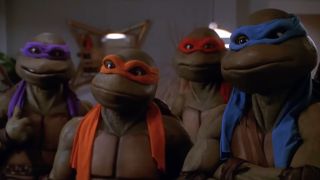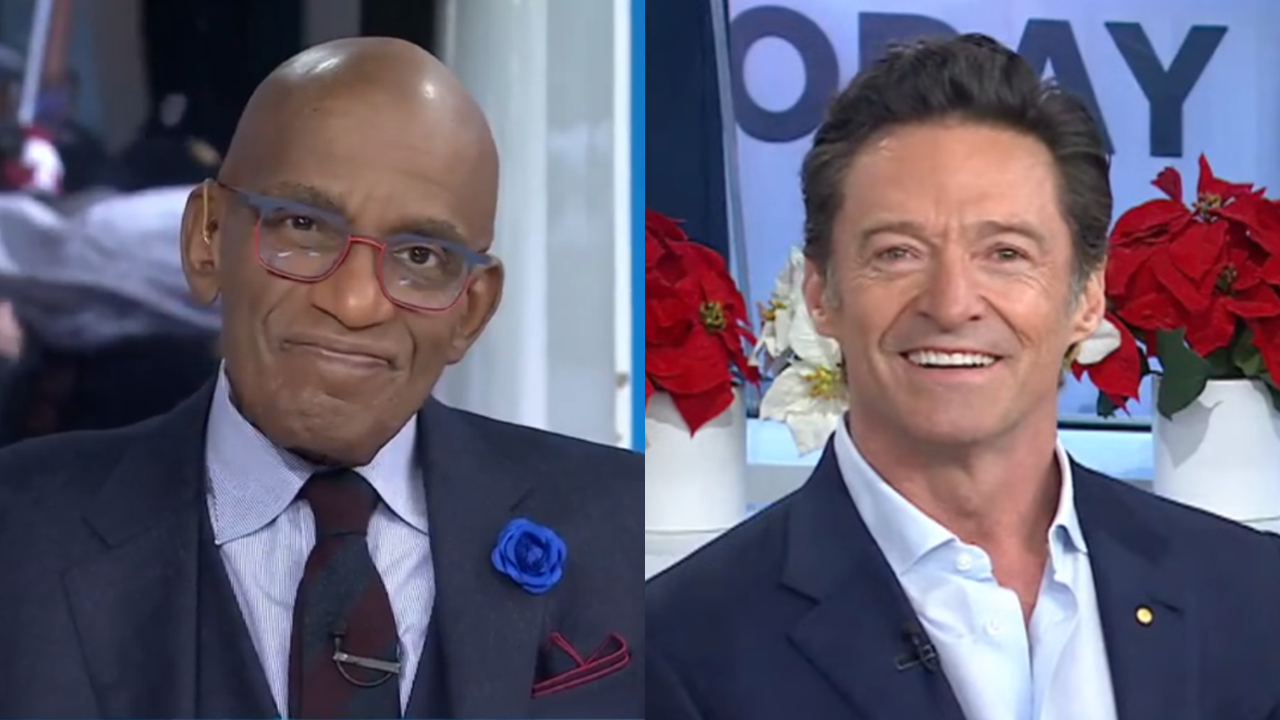Interviews

CinemaBlend frequently sits down with the talent who are responsible for the movies, television shows, streaming features, and pop-culture moments that you want to be reading more about. From Tom Hanks to the cast of Avatar: The Way of Water, from the latest contestant on The Masked Singer to the cast of Yellowstone, CinemaBlend ample time for exclusive conversations with Hollywood's biggest stars.
And CinemaBlend prides itself on asking talent the questions that they aren't hearing from every other outlet, leading to passionate answers that are meant to educate and entertain you, our readers. If they are important in Hollywood, they are speaking with CinemaBlend.
Latest about Interviews
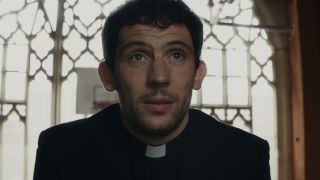
Knives Out 3's Cinematographer Talks About How They Got Those Epic Church Door Shots
By Corey Chichizola published
Wake Up Dead Man looked way different than other Knives Out movies.
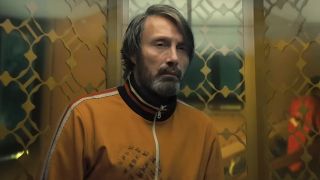
'You Love Bruce. I Love Bruce.' Bryan Fuller Told Me How Dust Bunny May Be The First Horror Fairy Tale Inspired By Bruce Lee
By Nick Venable published
Exclusives One of my favorite movies of 2025.

Sigourney Weaver Jokes She Had To Start 'Looking Up' Instead Of 'Down' At The Avatar Kids While Filming, As They Got Honest About Growing Up On Set
By Erik Swann published
Exclusives They grow up so fast.
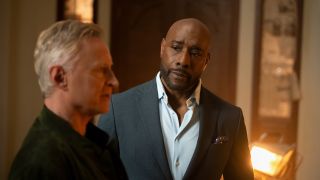
Ahead Of Watson’s Fall Finale ‘Personal Crisis,’ The Showrunner Addressed The ‘Understandable’ Fan Theory About John And Sherlock
By Laura Hurley published
Exclusives The game is afoot!

After FBI’s Season 8 Got Off To A Deadly Start, Jeremy Sisto Talks ‘Worst Kind Of Scenarios’ For Jubal In The Fall Finale
By Laura Hurley published
Exclusives The Season 8 fall finale is a family affair for Jubal.
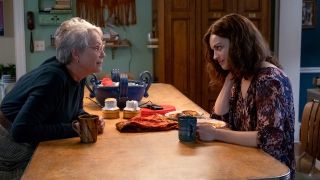
Ella McCay Has A Big, Aggravating Twist, And I Had To Ask Jamie Lee Curtis And Emma Mackey About It
By Sarah El-Mahmoud published
Exclusives We had to talk about it.

Fallout’s Moisés Arias Knows He’s Known For Hannah Montana. How He Eventually Made It In Hollywood As An Adult
By Megan Behnke published
Exclusives The transition was not easy.

Percy Jackson Season 2 Has An Epic Chariot Race Scene, But The Cast Told Me Filming With The 'Mechanical Rig' Was Rough
By Sarah El-Mahmoud published
Exclusives Walker Scobell and Daniel Diemer explain how the scene was shot.
Your Daily Blend of Entertainment News

